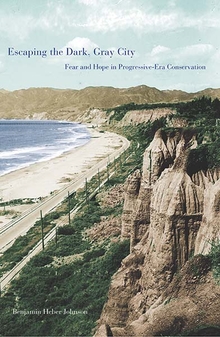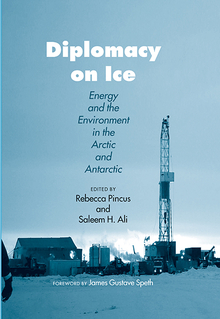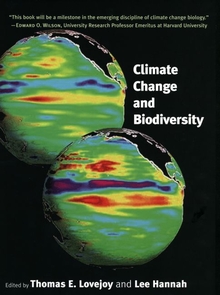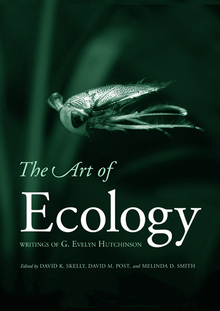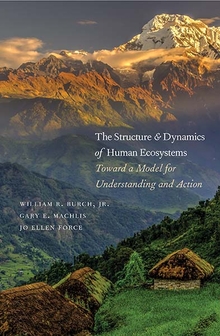Water 4.0
WARNING
You are viewing an older version of the Yalebooks website. Please visit out new website with more updated information and a better user experience: https://www.yalebooks.com
The Past, Present, and Future of the World’s Most Vital Resource
David Sedlak
Out of Print
Listen to the author on Moncrieff of NewsTalk, Irish news radio (skip to 7:00 for David Sedlak's interview)
Read a Q & A with the author on the Yale Press Log
Turn on the faucet, and water pours out. Pull out the drain plug, and the dirty water disappears. Most of us give little thought to the hidden systems that bring us water and take it away when we’re done with it. But these underappreciated marvels of engineering face an array of challenges that cannot be solved without a fundamental change to our relationship with water, David Sedlak explains in this enlightening book. To make informed decisions about the future, we need to understand the three revolutions in urban water systems that have occurred over the past 2,500 years and the technologies that will remake the system.
The author starts by describing Water 1.0, the early Roman aqueducts, fountains, and sewers that made dense urban living feasible. He then details the development of drinking water and sewage treatment systems—the second and third revolutions in urban water. He offers an insider’s look at current systems that rely on reservoirs, underground pipe networks, treatment plants, and storm sewers to provide water that is safe to drink, before addressing how these water systems will have to be reinvented. For everyone who cares about reliable, clean, abundant water, this book is essential reading.
David Sedlak is the Malozemoff Professor in the Department of of Civil and Environmental Engineering at the University of California, Berkeley, co-director of the Berkeley Water Center, and deputy director of the National Science Foundation’s engineering research center for Reinventing the Nation’s Urban Water Infrastructure (ReNUWIt). He is the 2014 recipient of the National Water Research Institute Clarke Prize.
Visit www.water4point0.com for more on the book.
"David Sedlak offers a clear window into the past and a positive vision of the future for one of our most precious resources: drinking water. Using tools of history, engineering, and story-telling, he gives us hope that society will continue to find new and innovative ways of providing this precious resource for all."—Peter Gleick, editor of The World's Water series
"Water 4.0 captures an important story of the evolution of our current urban systems as well as discussing future options that are being researched today."—Michael C. Kavanaugh, Principal, Geosyntec Consultants, Inc., and Member, National Academy of Engineering
"One of the great failings of the academic world is that we rarely attempt to inform the public in any detail about our research. Water 4.0 presents an interesting and informative approach to educating the public on an abbreviated history of water."—William J. Cooper, University of California, Irvine
"By translating a serious and essential topic into something more catchy and fascinating than a whodunit novel, David Sedlak has provided us with an intriguing history of human water use. Packed with riveting stories and examples, the book helps us appreciate from where we have come and where we need to go."—Mathis Wackernagel, Global Footprint Network
"If you’ve ever wondered where your tap water comes from—and what’s still in it when you drink—Sedlak’s deeply-informed historical narrative provides the answers. Water 4.0 offers the clearest vision yet of how we’ll get our water in the future."—Steven Solomon, author of Water: The Epic Struggle for Wealth, Power, & Civilization
"There are other compelling, well-written books about various aspects of our planet’s water challenges, but I predict that Sedlak’s book will be the one that people hold onto and refer back to over and over again."—Lynn Broaddus, Executive Director of the Johnson Foundation
"With the turn of a tap, clean water flows out. . . . It all seems so simple and obvious. And yet, as UC Berkeley Professor David Sedlak explains in his fact-packed new book, Water 4.0, such conveniences are really a marvel of engineering, built on centuries of trial and (often) error. More improvements are urgently needed as new challenges like climate change loom. So Sedlak’s effort to engage the public on this oft-neglected subject is welcome."—Kate Galbraith, San Francisco Chronicle
"The book is filled with intriguing historical detail. . . . Sedlak is fairly described as a technocrat (he is a professor of engineering at Berkeley), but his book stimulates political reflection as well. The urban water crises he presents — historical and present day — not only run up against prevailing technological possibilities; they also have engaged political debates as to how we run and pay for our cities."—Jeffery Atik, Los Angeles Review of Books
The National Water Research Institute 2014 Clarke Prize consists of a medallion and $50,000 to the winner. David Sedlak was selected as the 2014 recipient because of his pioneering research on advancing the way water resources and urban water infrastructure are managed, including implementing water reuse and reducing the discharge of emerging contaminants. His work has served as the foundation for major policy and technical initiatives to reduce the effects of these contaminants and protect public health.
Winner of the 2014 American Publishers Awards for Professional and Scholarly Excellence (PROSE) in the Engineering & Technology category
ISBN: 9780300176490
Publication Date: January 28, 2014
Publication Date: January 28, 2014
352 pages, 6 1/8 x 9 1/4
24 b/w illus.
24 b/w illus.


